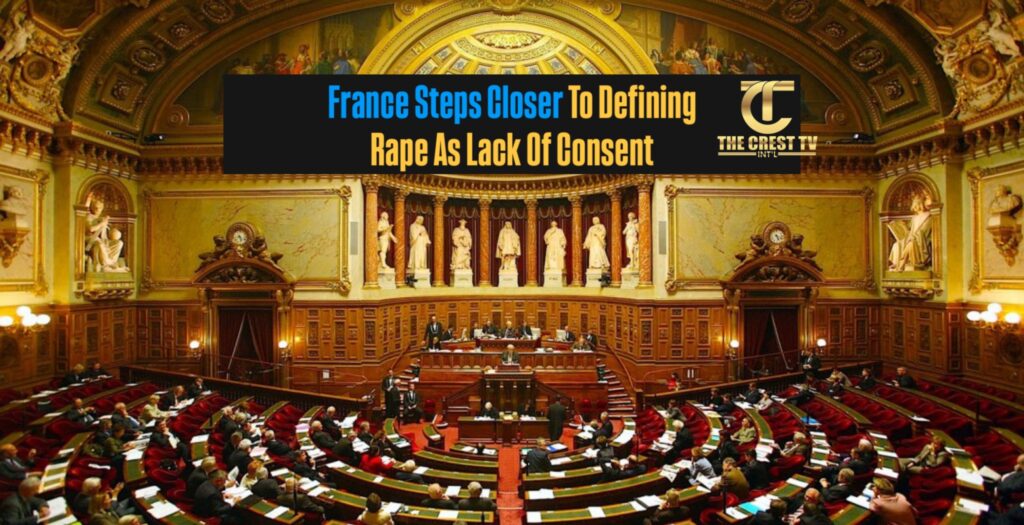
In a major victory for survivors and advocates, France has officially taken a bold step forward in how it defines rape and sexual assault — and it’s a change that many say is long overdue.
Late Wednesday night, the French Senate passed a landmark bill that now defines rape and all sexual assaults as “any non-consensual act.” What might sound like a simple wording change actually marks a huge cultural and legal shift in how the country treats sexual violence.
Why This Matters
Until now, French law required proof of violence, threats, surprise, or coercion in order to legally recognize an act as rape. In other words, unless a victim could prove they were physically forced or fought back, it was incredibly difficult — often impossible — to get justice in court.
But the reality is, rape doesn’t always look like it does in the movies. Many victims freeze, are manipulated, are intoxicated, or are simply too afraid to resist. And in far too many cases, their trauma was dismissed because it didn’t “look violent enough.”
That’s what makes this new law so important: it centers the idea of consent — not violence — as the core of what makes a sexual act criminal.
The Case That Sparked a Movement
This reform didn’t come out of nowhere. Earlier this year, France was rocked by the horrifying case of a man in Avignon who drugged his own wife, allowing other men to rape her without her knowledge. She only discovered the truth after finding videos of the assaults on his computer.
Although he was convicted, the case exposed a terrifying truth: under the old law, justice wasn’t guaranteed — even in the most extreme and clear-cut cases. That case, and the national outrage that followed, gave urgency to the fight for change.
A Global Shift
France is now joining a growing list of countries — including Sweden, Spain, Denmark, and Belgium — that are rewriting their sexual violence laws to reflect one key truth: sex without consent is rape. Always.
The reform aligns with the recommendations of human rights organizations, UN Women, and Amnesty International, which have long pushed for consent-based definitions of rape around the world.
More Than Just Law
While this new legal definition is a major milestone, advocates stress that it’s only the beginning. Changing the law is essential, but so is changing the culture — how police, prosecutors, judges, and society at large understand and respond to sexual violence.
This means investing in education, survivor support, and training for law enforcement and legal professionals. It also means continuing to challenge harmful myths about what “real” rape looks like.
A Step in the Right Direction
For many survivors in France, this new law is more than just policy — it’s recognition. It’s a signal that their experiences matter, and that the legal system is finally starting to listen.
It won’t erase the harm that’s been done in the past. But it can help build a future where survivors are believed, protected, and given a real shot at justice.


